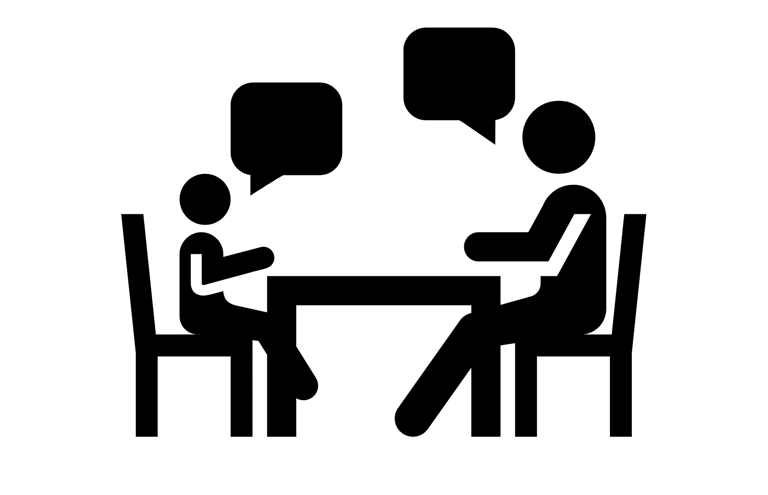What Parents Should Know About the Role of a School Counselor
Not sure what a school counselor really does? This blog breaks down the role of a school counselor and how they support your child’s academic, social, and emotional growth. Learn when to reach out, how counselors help, and why they’re an essential part of your child’s school team.
SCHOOL COUNSELING
7/15/20252 min read


Hey there, fellow parents! 👋
As a parent, you want to know who is supporting your child at school, not just academically, but socially and emotionally too. One of the most valuable (and often underused) resources available to students and families is the school counselor.
So what exactly does a school counselor do? How can they help your child? And when should you reach out?
Let’s break it down.
What Does a School Counselor Actually Do?
A school counselor is not the same as a therapist, disciplinarian, or academic tutor (though we work alongside all of them!). We are certified educators trained in counseling, child development, and student advocacy. Our goal is to support every student's growth whether it be academically, socially, emotionally, and behaviorally.
We work with students in three core areas:
Academic Support
Study skills & time management
Goal-setting & motivation
Navigating class schedules & transitions
Social/Emotional Development
Friendship struggles & peer conflict
Self-esteem, stress, and anxiety
Family changes or grief
College & Career Readiness
Exploring strengths, interests, and career paths
Understanding options after graduation
How We Support Students Day-to-Day
Depending on the grade level, you might find your school counselor:
Teaching classroom guidance lessons on kindness, empathy, or conflict resolution
Checking in with students one-on-one about friendships or academic stress
Leading small groups focused on emotional regulation, grief, or social skills
Helping students create academic goals or plans for success
Supporting families through transitions like divorce, loss, or moving
Mediating peer conflicts and helping students build healthy communication skills
What Parents Often Don’t Realize
Here are a few important things many parents aren’t aware of:
We’re here for ALL kids. Not just those with “big problems.” Any student can talk to their counselor about anything, at any time.
We’re confidential—within reason. Students can trust us to listen, but we always involve families when safety is a concern.
We’re not disciplinarians. We’re not in charge of consequences. Our role is to guide, support, and advocate—not punish.
We’re collaborators. When families, teachers, and counselors work as a team, we can make a real difference in a child’s school experience.
When Should a Parent Reach Out?
Reach out to your child’s school counselor if:
Your child is struggling with anxiety, friendships, or changes at home
You notice a shift in their mood, behavior, or school performance
Your child expresses nervousness about school or social situations
You want help with outside referrals (mental health, testing, etc.)
You simply want to understand how your child is doing socially/emotionally
No concern is too small. If it matters to you or your child, it matters to us.
How Parents and Counselors Can Work Together
Keep communication open – Reach out early and often.
Loop us in – If there’s something going on at home, a quick heads-up can help us support your child better.
Encourage your child to seek support – Let them know it’s OK (and healthy!) to ask for help when they need it.
Don’t wait until there’s a crisis – We’re here for prevention, not just reaction.
Final Thoughts
School counselors are here to be partners in your child’s success, not just in the classroom, but as they grow into kind, confident, capable humans. Whether your child needs help navigating friendships, managing stress, or setting goals, we’re here to support them every step of the way.
So don’t hesitate to reach out. We’re not just for emergencies, we’re for everyday life, too. 💛


